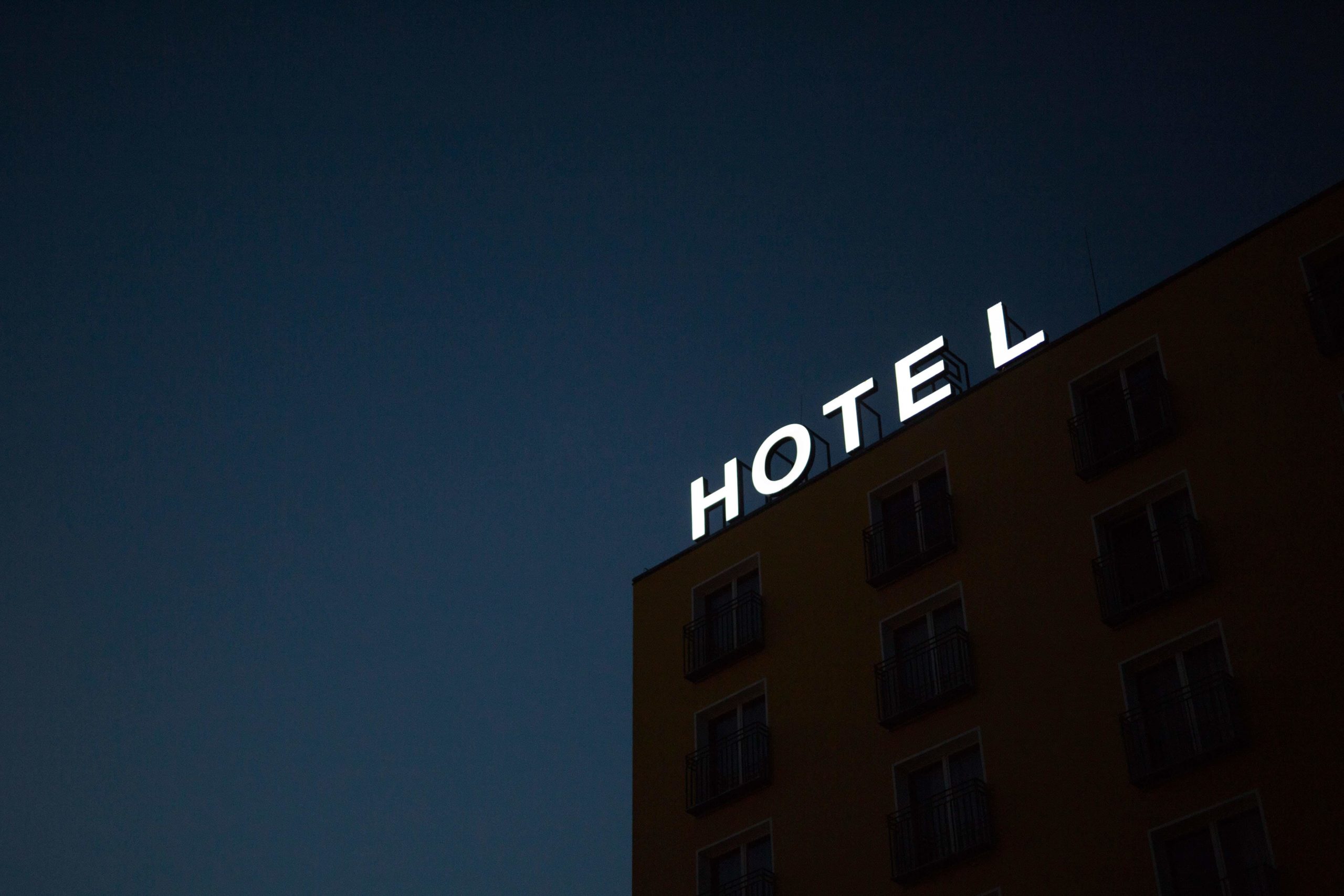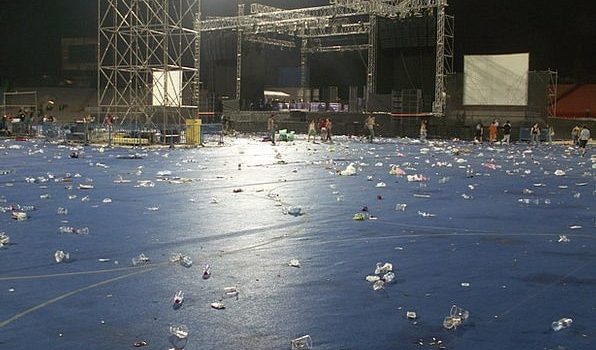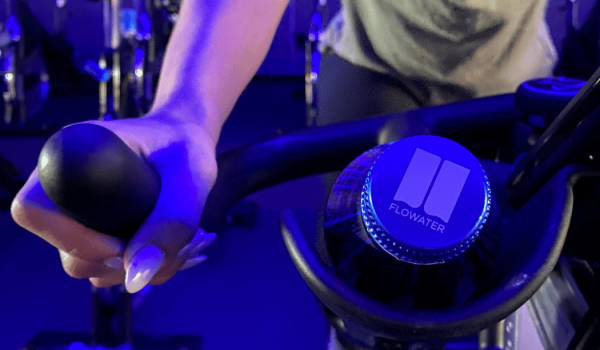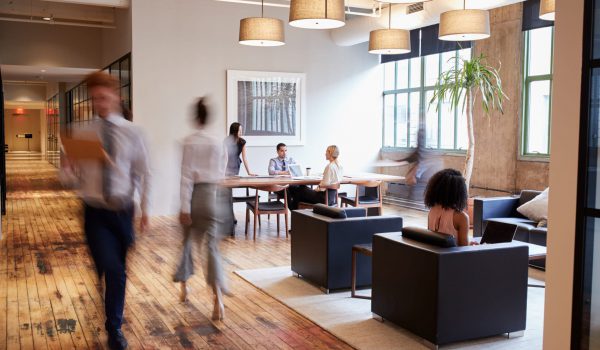The hospitality industry has and is working on changes in protocols to make guests feel safe and secure as they begin traveling again post-Covid. These include a clear hotel communication strategy for guests, use of technology for a contactless experience, flexibility with cancelation policies, and marketing plans and incentives to welcome guests back.
Even as hotel reopening is still ramping up to meet full capacity, everyone is working around the clock to ensure they’re prepared for whatever capacity and pivots they’ll need to adjust to and make in a post-Covid 19 pandemic world to give guests what they want to see.
Clear Hotel Communication Strategy
Covid-19 has left a wave of uncertainty across all industries with constant changes and decisions left in limbo regarding business operation during pandemic. One thing guests want most is clarity in updated reopening protocol with regards to cleaning and sanitization as well as flexibility when travel plans change. Simple, straightforward guidelines for hotel reopening that are easy for employees to understand, communicate, and implement are necessary.
Sanitization and Social Distancing Information
Information about sanitization and social distancing protocol should be highlighted through the hotel’s website, social media channels, and as part of the check-in process to ensure guests are clear about property updates. These may include hand sanitizer dispensers available throughout the property, signage that indicates spacing at the check-in counter to promote social distancing, and a reservation service for onsite restaurants and other amenities.
Though most properties already follow a strict and regular cleaning schedule, the addition of full sanitization may be new to some. Guests want to see specifics regarding what extra measures are being taken to prevent the spread of Covid–19 cases, in addition to the standard cleaning protocols along with the use of an advanced water purifier for hotels. Some hotel chains are now disinfecting television remote controls and securing them in plastic baggies between use of each guest. They are providing disinfectant wipes and hand sanitizer as part of every check-in package.
Transparency Regarding Cancelation Policies
In addition to the sanitization information, guests also want to be assured they have the ability to change or cancel their reservation without penalty. Implementing flexible reservations allows guests to feel confident about booking a hotel without worrying about needing to cancel for health reasons or other emergency situations and being charged. Guests want transparency, and due to the ever-changing landscape the pandemic has created, it’s important now more than ever to be clear and consistent with communication.
Make any changes clear for guests as part of your hotel communication strategy. It’s also important to set a date for when the policy may end or be updated. This should be included across all hotel promotions and part of the confirmation email sent to guests who have booked at your hotel.
Use of Technology for a Contactless Experience
Advancements in technology have always been an inherent part of the hotel industry. There are constant investments made the guest experience as comfortable and pleasing as possible. From check-in kiosks and hotel apps, every advancement allows guests to simplify their check-in experience and stay. In a post-Covid world, “contactless” is the way to go.
This carries through from the time a guest checks in until they complete their stay and leave the property. Guests now have the options of checking in through their phones, at stations separated with plexi-glass, and individual kiosks to limit the amount of in-person and surface contact necessary. They are also interested in how hotels are applying this concept to their amenities.
Updated Systems for Free Food and Beverage Perks
Those that have previously offered continental breakfasts have chosen to create individual breakfast bags for pick-up based on a guest’s dietary preferences. Hotels that have replaced individual bottles of water with water stations are already ahead of the curve, allowing guests to fill up their own personal water bottles. While initially this was an effort to cut costs and reduce the amount of plastic waste, it serves a convenient part of a hotel’s contactless efforts.
FloWater’s hotel water dispenser is designed with a one-touch button refill and the availability of a foot pedal to create a truly touchless experience. This limits the spread of germs and grimes from outdated water faucets or other types of water refill systems. Having purified water readily available for guests is a perk that allows them to fill up on the go or use it for heating up food and other drinks for extended stays. This is valuable in a post-Covid world in terms of updated sanitization protocols, but is also convenient and speaks to guest wellness for the long-term.
Adjusting to Smart Technology for Amenities
With regards to other contactless opportunities, many hotel restaurants have implemented QR codes for menus and contactless payment. Onsite gym facilities go through more stringent sanitization protocols and can be rearranged to promote social distancing and in some cases, can be reserved through an online system. Additionally, implementing a speedy checkout process through a hotel’s branded app, via the checkout prompt on their room TV, and/or key drop-off boxes is welcomed.
These are a few of the many examples of what guests will expect to see in a post-Covid world. What is new now will eventually be mainstream throughout the travel industry.
Flexible Changes and Cancelation Policies
As coronavirus spikes ebb and flow between states and seasons, guests want to book with confidence and be assured they won’t lose money when booking early. As part of the hotel reopening plan, hotels should clearly outline their cancelation and flexible change policies. Whether this includes a hotel credit, refund, or a combination of the two, guests are considering flexibility as part of their decision making process now and moving forward.
Though last-minute cancelations carry a burden on the hotel industry, in a post-Covid world these may be fewer than the number of guests who choose not to book at all because of non-lenient change policies. Guests will want to see hotels adapt and align with what’s going on in the world. This includes temporary shutdowns, virus outbreaks, and airline cancelations, among other things that can affect a person’s travel plans. In short, people want options when their travel plans change unexpectedly so they aren’t out expenses.
Guests also want to see what amenities or services are restricted as part of a hotel’s reopening protocol. Hotels following state and federal guidelines may have a tiered process in terms of the capacity at which they can offer their full suite of services. As these changes are being made, it’s important to keep guests up-to-date to ensure they are well aware of what’s available and in what capacity as they plan their stay.
Guest accommodation has always been a top priority throughout the hospitality industry, and more flexible change policies is another way to show understanding during a challenging time.
Incentives to Welcome Guests Back
Whether the booking is for business or pleasure, a percentage of guests will be leery about booking hotel stays again without knowing what the hotel reopening strategy is and what new mandates are in place. Consistent communication is key as updated roll out. As people begin to travel again, they’re looking at hotels’ safety and sanitization plans as well as incentives for staying. These may include a flexible cancelation plan and reimagined amenities that focus on the well-being of all guests, but there are other ways to encourage guests to book a stay.
For example, Covid-19 has changed the ways people work and live. For many, remote working has become the standard rather than reporting to a physical office. It’s caused many to look at hotel rooms as an escape from their daily norm when they need to meet a deadline, have a quiet place to conduct meetings, or just have a change in scenery from their at-home office setup. Make sure you implement physical arrangements for a meeting space that meet social distancing requirements. The amenities that are most important for these types of stays are free, fast Wi-Fi service, roomy accommodations, and a desk setup that makes it easy to work without interruption.
Furthermore, post-Covid not all people will be ready to immediately resume their normal travel schedule, but they will be looking for staycations and places that are within driveable distances from their homes. Hotels that may have previously attracted business travelers as their main clientele may see an influx of locals that want a mini escape. Hotels should promote specials that welcome guests during the week at a discounted rate, provide unique itineraries for social distancing activities in the city and/or on property, and savings when booking several nights in a row.
Hotel Reopening Protocol to Keep Everyone Accommodated Safely
Along with federal and state hotel reopening protocol guidelines, hotels are becoming more purposeful and inventive on how they can best accommodate their guests moving forward. Hotels that take into account guest feedback and keep a pulse on trends in the space have a better chance of being successful in a post-Covid world.
Strategizing how to accommodate and reach new audiences as the landscape continues to shift is essential. It gives hotels an opportunity to look at the amenities they currently have and how they can be improved or changed to fit guests’ needs and wants. It takes a regular assessment of current strategies and plans and making room for change as guest needs and wants evolve.









